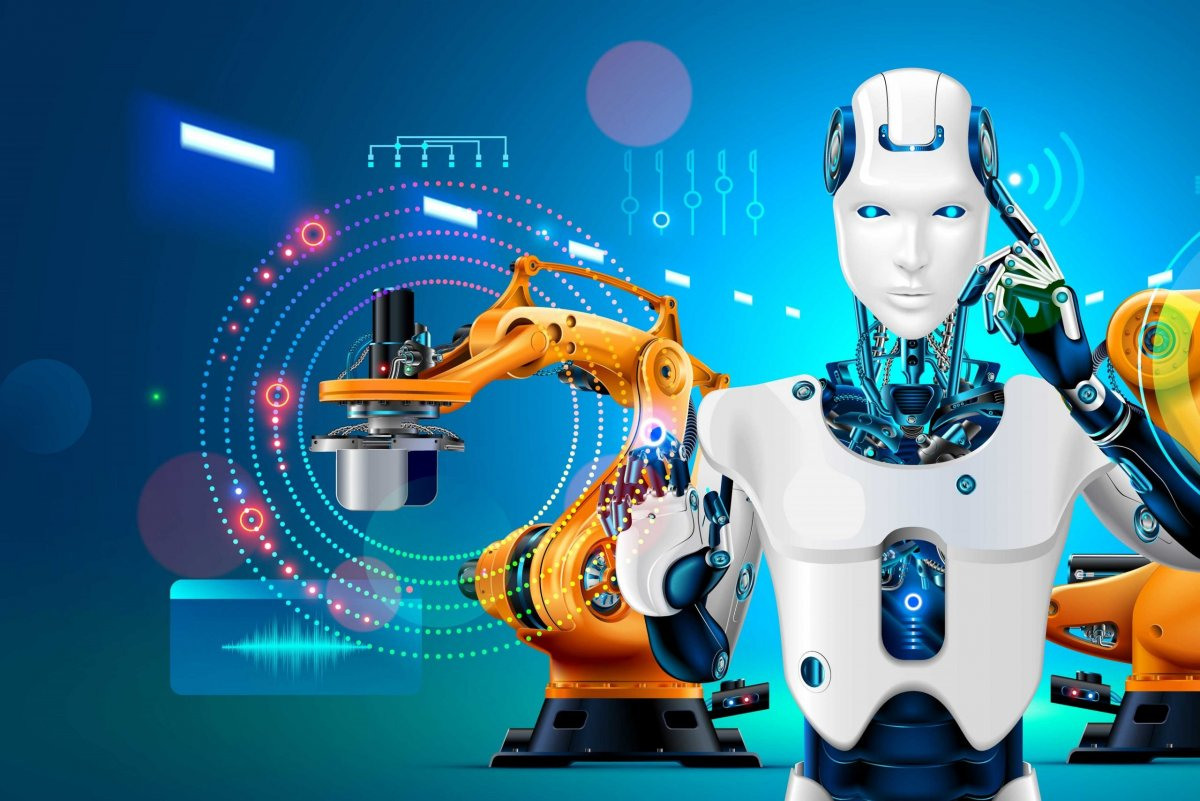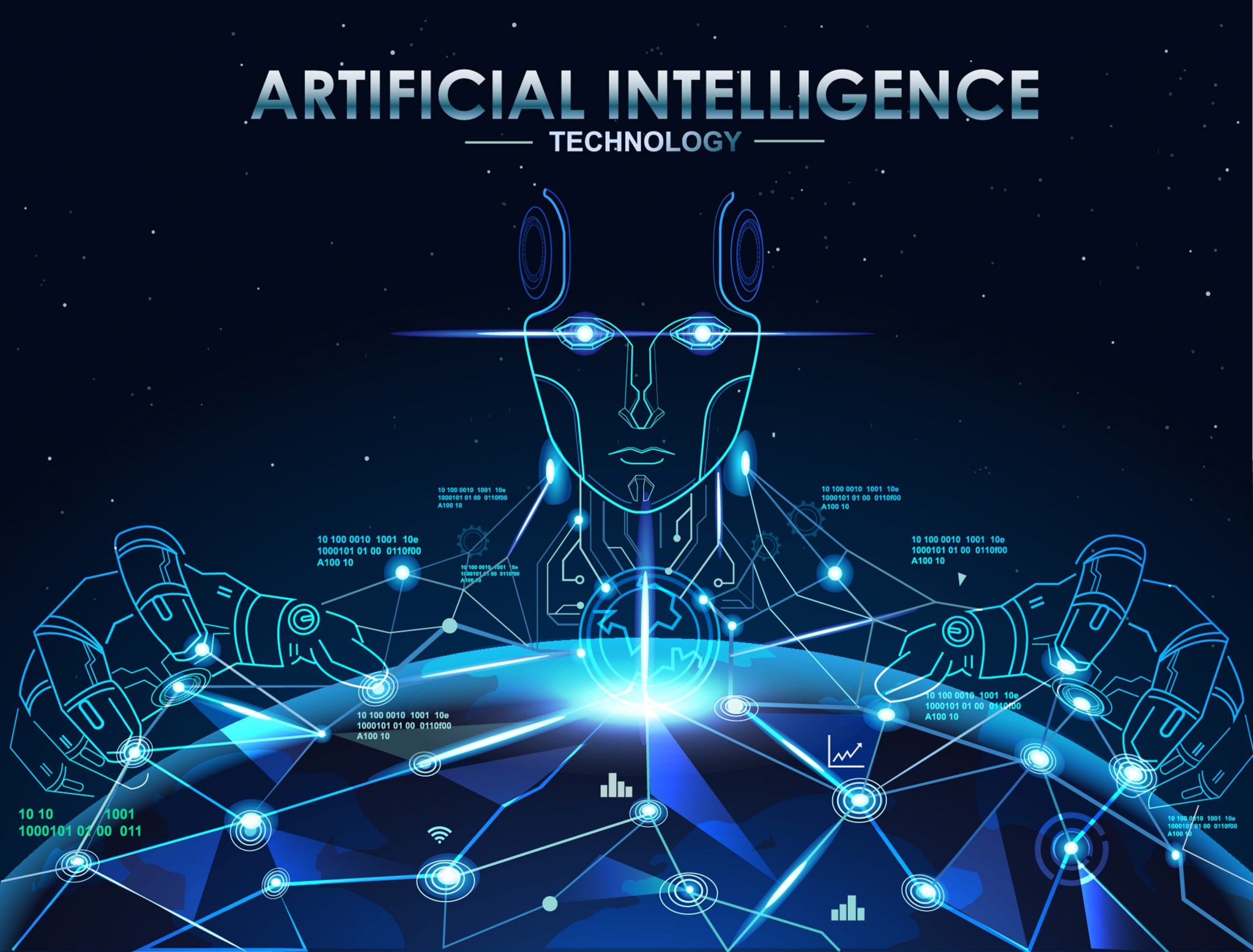The landscape of work has undergone a profound transformation in recent years, with remote work becoming increasingly prevalent. The COVID-19 pandemic accelerated this trend, forcing organizations to adapt to a virtual work environment almost overnight. While remote work offers many advantages, it also presents unique challenges, particularly when it comes to collaboration. In this article, we’ll explore how Artificial Intelligence (AI) is playing a pivotal role in bridging the gaps in virtual collaboration.
Enhancing Communication and Connectivity

Effective communication is the cornerstone of successful collaboration, and AI is proving to be a game-changer in this regard. AI-powered chatbots and virtual assistants are streamlining communication by providing instant responses to queries, scheduling meetings, and even facilitating multilingual communication. These tools help bridge the gap between team members working in different time zones and speaking different languages, making collaboration more seamless.
AI-driven video conferencing platforms are also revolutionizing the way teams interact. They offer features such as real-time language translation and transcription, making it easier for global teams to communicate effectively. Additionally, AI can analyze non-verbal cues during video meetings to gauge participants’ engagement levels, helping team leaders address issues and improve collaboration.
Optimizing Workflows and Productivity
One of the challenges of remote work is managing and optimizing workflows. AI-powered project management tools can assist in this aspect by automating repetitive tasks, prioritizing work, and providing data-driven insights. For example, AI algorithms can predict project timelines, identify potential bottlenecks, and recommend the most efficient allocation of resources, ultimately boosting productivity and collaboration.
Furthermore, AI-driven virtual collaboration platforms use data analytics to monitor team performance and identify areas for improvement. These platforms can track key metrics, such as task completion times and communication patterns, and provide actionable insights to enhance team collaboration. By leveraging AI to optimize workflows, remote teams can work together more efficiently, regardless of their physical locations.
Fostering Innovation and Knowledge Sharing

In a remote work setting, fostering innovation and knowledge sharing can be challenging. AI can help by creating virtual environments that mimic the spontaneous interactions that often lead to creative ideas and knowledge exchange in traditional office settings. For instance, AI-driven virtual watercoolers or chat rooms can encourage informal conversations among team members, allowing them to share ideas, brainstorm, and build relationships.
AI can also support knowledge management by organizing and categorizing vast amounts of information. Machine learning algorithms can identify relevant documents, articles, and resources, making it easier for remote teams to access the information they need to excel in their roles. Additionally, AI can recommend relevant content to team members based on their interests and expertise, promoting continuous learning and knowledge sharing.
Ensuring Data Security and Privacy
With the increased reliance on digital collaboration tools, data security and privacy have become paramount concerns for organizations. AI plays a vital role in safeguarding sensitive information by detecting and mitigating security threats in real-time. AI-driven cybersecurity solutions can identify unusual patterns of behavior that may indicate a breach and take immediate action to protect data and networks.
Moreover, AI can assist in compliance management by monitoring and enforcing data privacy regulations, ensuring that remote collaboration tools adhere to the necessary legal requirements. This not only enhances security but also builds trust among team members, clients, and partners who may have concerns about data protection in a remote work environment. As remote work continues to redefine the way we work, AI is emerging as a powerful ally in bridging the gaps in virtual collaboration. By enhancing communication, optimizing workflows, fostering innovation, and ensuring data security, AI is enabling remote teams to work together effectively and efficiently. As technology continues to advance, we can expect AI to play an even more significant role in shaping the future of remote work and virtual collaboration. Embracing AI as a strategic tool can help organizations stay competitive in an increasingly remote and interconnected world.




Leave a Reply